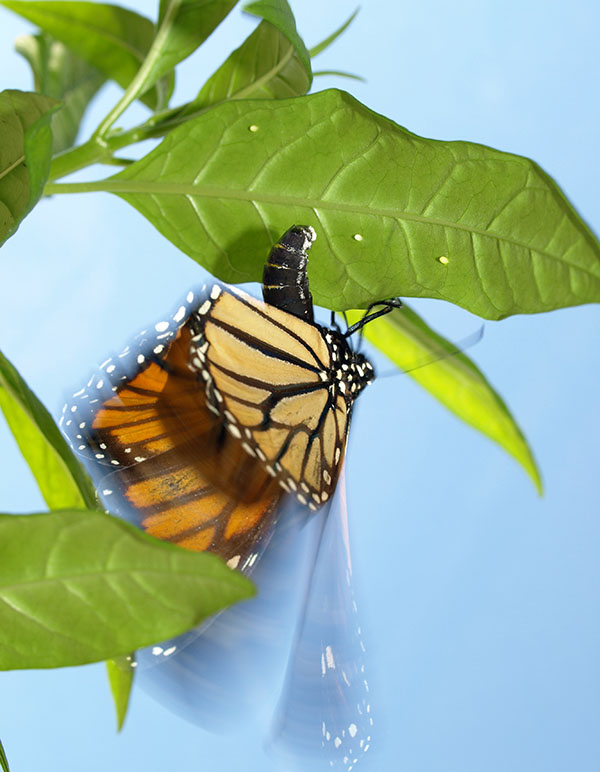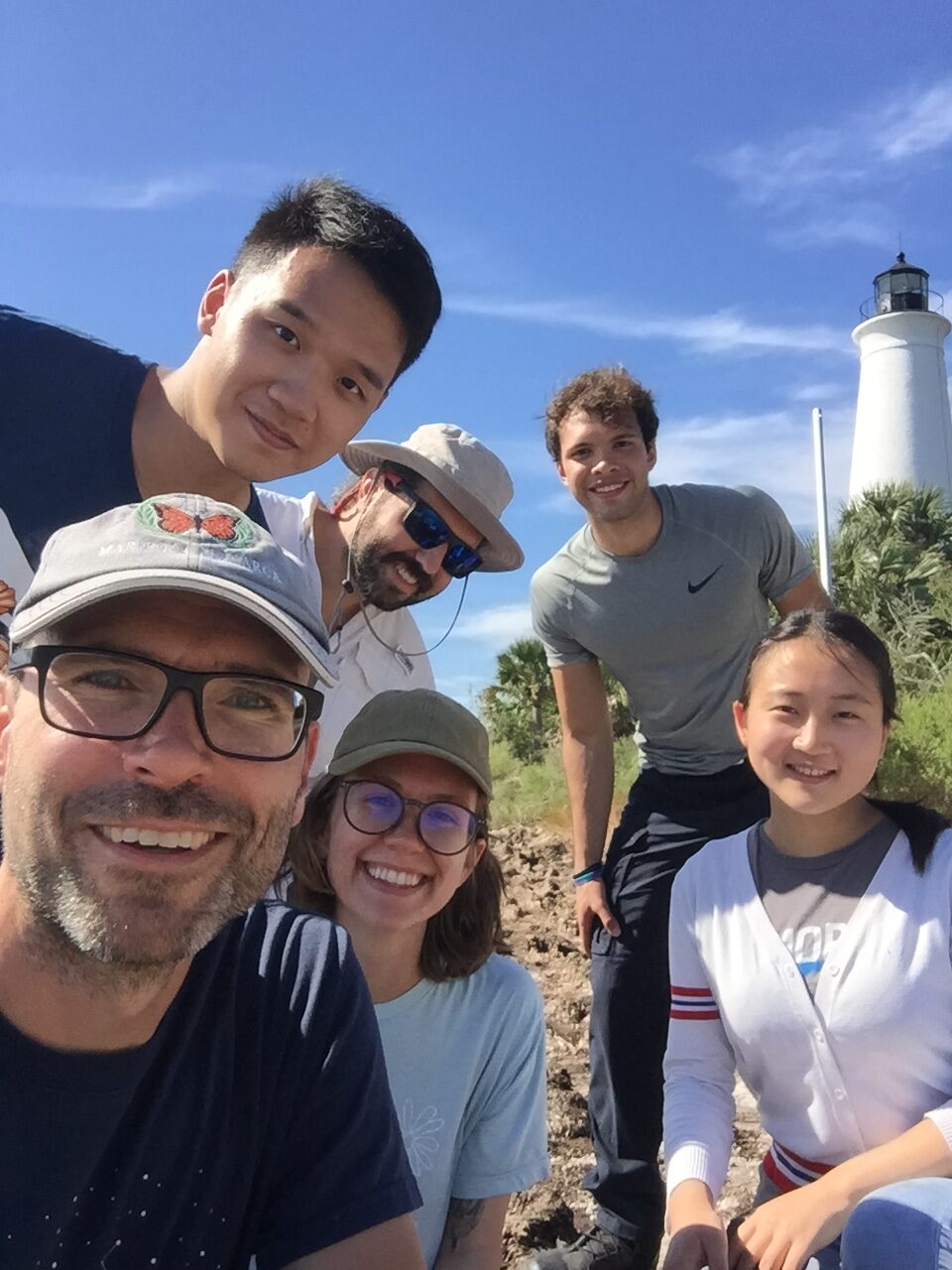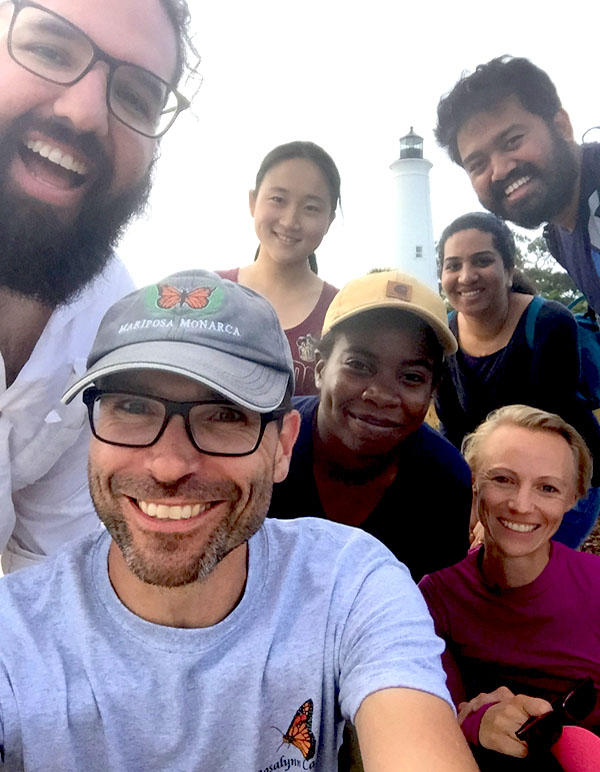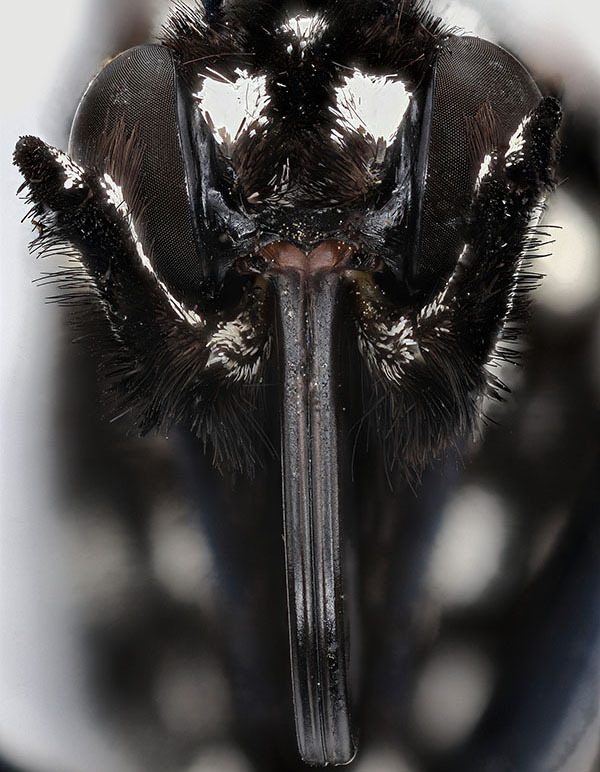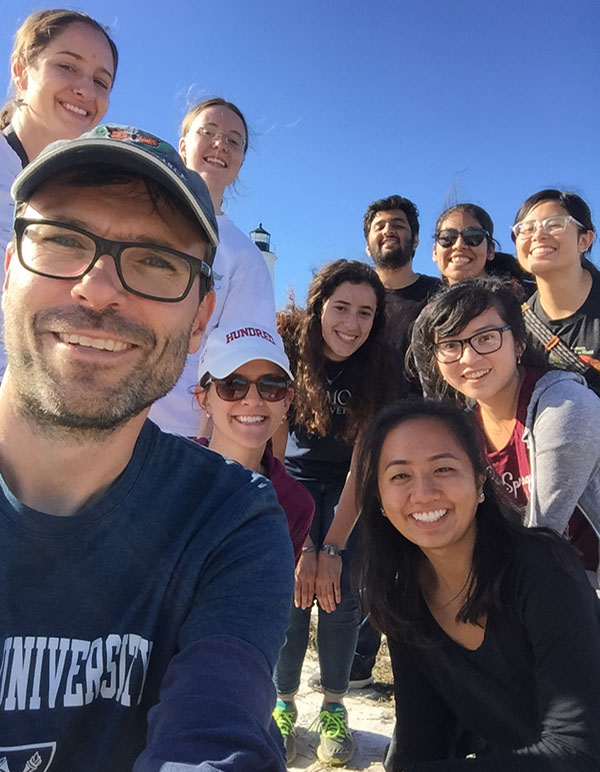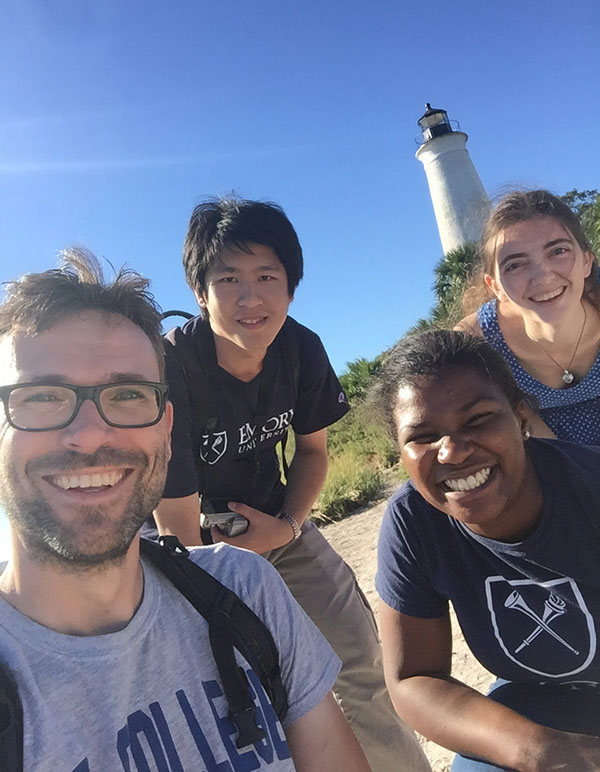Welcome to the “de Roode” Lab
We are in the Department of Biology and the Population Biology, Ecology and Evolution graduate program.
We study the ecology and evolution of species interactions and animal migration. Much of our work focuses on the interaction between monarch butterflies, their host plants and their parasites, and their annual migration between North America and Mexico. Questions we currently address are how climate change changes plant chemistry and monarch and parasite performance, how gut microbes contribute to disease resistance, what strategies monarchs use to reach their overwintering sites, and what genes are involved in equipping monarchs with stage-specific adaptations and migration. In the past, we have studied virulence evolution, and asked how bee-keeping practices may select for more harmful bee diseases. We have also previously studied how within-host competition between malaria parasites affects the evolution of drug resistance.
RECENT RESEARCH HIGHLIGHTS
Gene duplication can result in divergence gene expression and thereby facilitate the evolution of complex life cycles, as shown in our Evolution Letters paper.
Milkweed cardenolides reduce parasite infection in monarch butterflies, as shown in our Journal of Chemical Ecology paper.
Animal migration can have both negative and positive consequences for parasite prevalence. For monarch butterflies, migration reduces infection, but current changes in climate and milkweed abundance are leading to increases in prevalence.
Monarch butterflies are commonly infected with a protozoan parasite. Long-term analysis shows that parasite prevalence has sharply increased since the early 2000’s, and that parasites kill up to millions of migratory monarchs each year.
Elevated carbon concentrations, as occurring through current climate change, can result in a loss of medicinal properties of milkweeds. See our paper in Ecology Letters.




